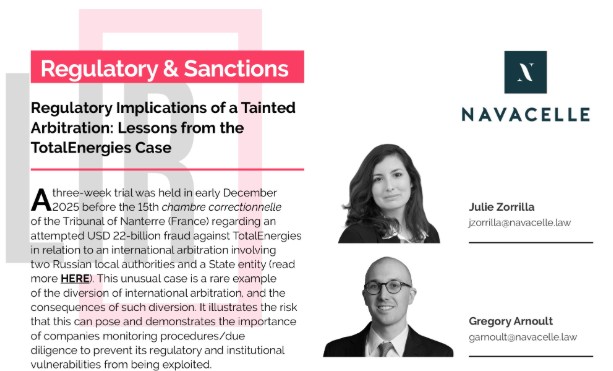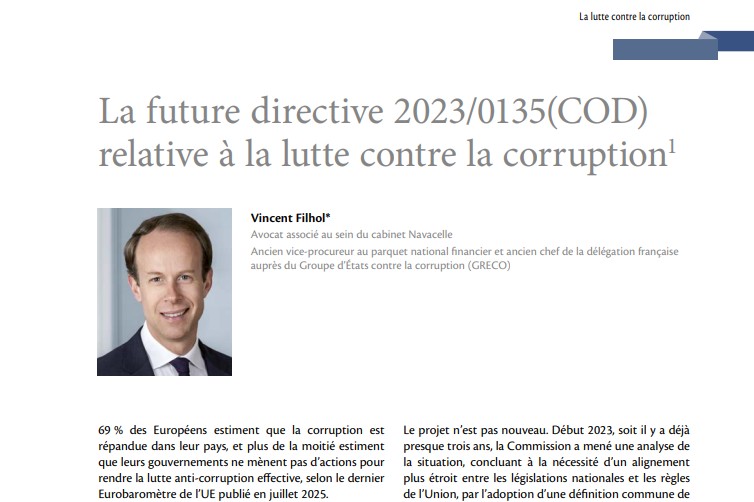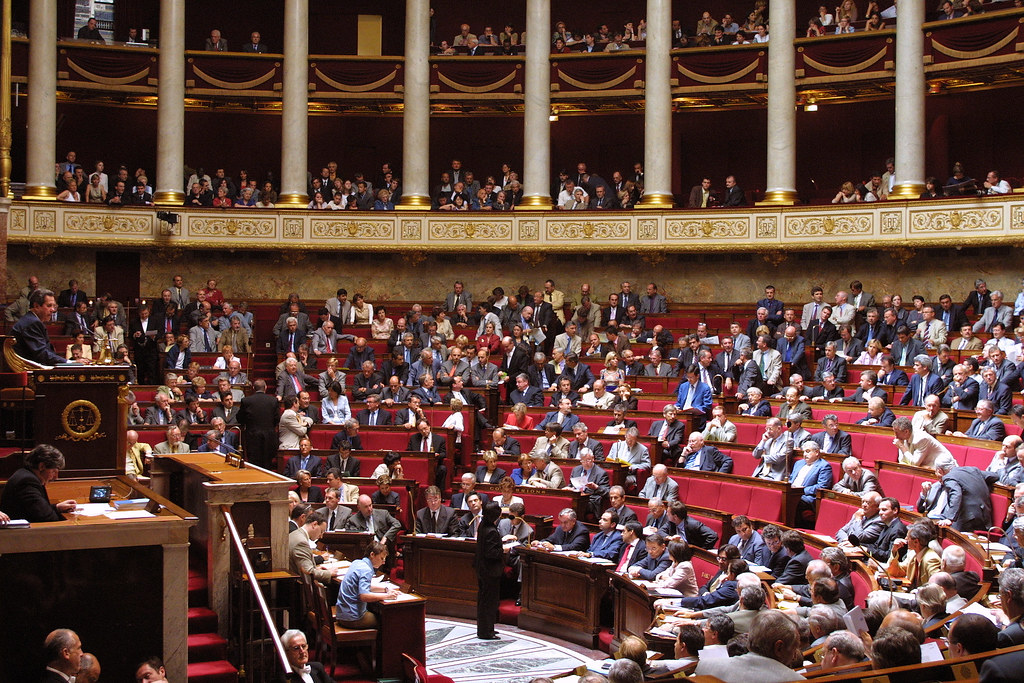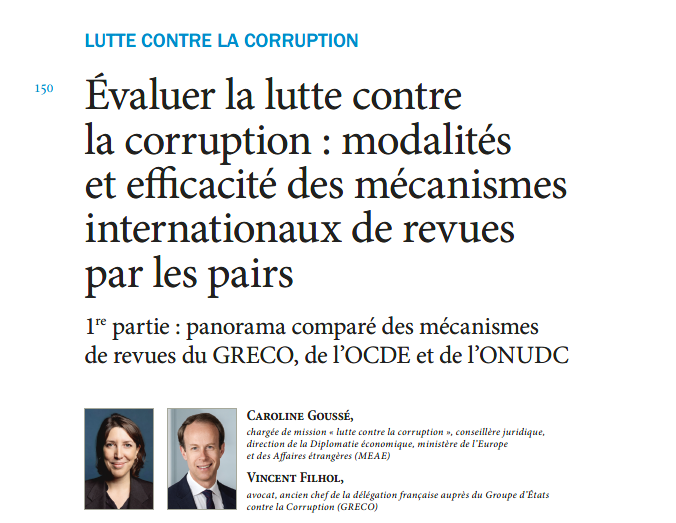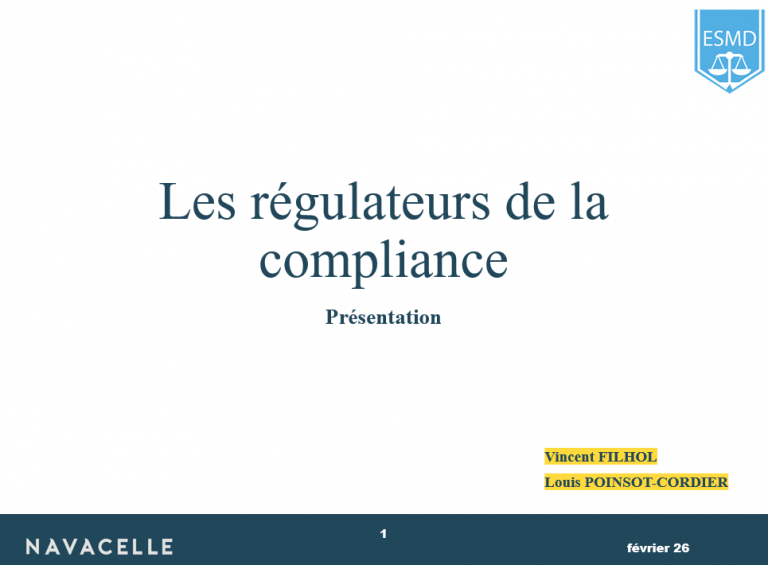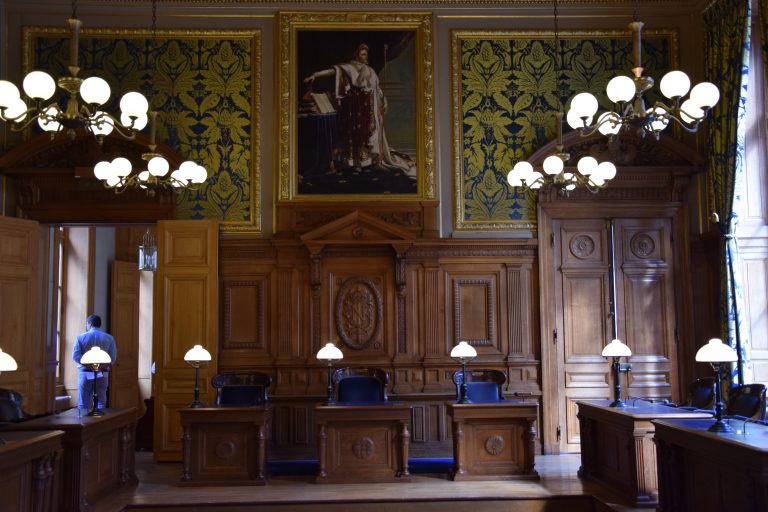The Navacelle team presents a selection of books, in both French and English, that shed light on the many facets of the French Revolution—from its origins to its consequences, through its key figures and founding myths. Through the rigorous analyses of Emmanuel de Waresquiel, the accessible syntheses of Jeremy Popkin, and the critical, offbeat perspective of Stephen Clarke, these books offer valuable insights into the political, social, and symbolic stakes of a foundational moment in modern history. Blending biographical narratives, reflections on revolutionary myths, and historical reinterpretations, this list provides an engaging entry point for exploring the complexities of 1789 and its legacy.
Sept Jours, 17-23 juin 1789, La France entre en révolution
Emmanuel de Waresquiel, Edition Tallandier, 2020
A dive into the week when everything changed: on June 17, the deputies of the Third Estate declared themselves the National Assembly; on June 20, they took the famous Tennis Court Oath, vowing not to separate until they had given France a constitution; and on June 23, despite the king’s concessions, they refused to submit to his authority. These events marked the transfer of sovereignty from the king to the people and laid the foundations of the Revolution. The author recounts this pivotal sequence with precision, energy, and a narrative style reminiscent of historical fiction.
Il nous fallait des mythes
Emmanuel de Waresquiel, Edition Tallandier, 2024
In this essay, the author explores how the French Revolution created its own founding myths to legitimize its actions and build a collective memory.
He revisits emblematic episodes, showing how these events were idealized, rewritten, or instrumentalized over time. Through a nuanced analysis of symbols, narratives, and representations, the author examines how history becomes a tool of power and belief—right up to the present day.
Les derniers jours de Marie-Antoinette
Emmanuel de Waresquiel, Edition Tallandier, 2022
From October 14 to 16, 1793, in just three days and two nights, Marie-Antoinette was tried and executed. In this poignant account, the author retraces the queen’s final hours, imprisoned in the Conciergerie, facing a rushed trial and an inevitable sentence. It was not only the trial of a queen, but also that of a foreigner, a woman, and a mother. The author highlights Marie-Antoinette’s solitude, dignity, and courage in the face of the revolutionary Terror.
Fouché, Les silences de la pieuvre
Emmanuel de Waresquiel, Edition Tallandier, 2021
This biography paints a portrait of Joseph Fouché, a figure as feared as he was elusive during the French Revolution and the Napoleonic Empire.
A radical revolutionary, executioner of Lyon, key player in the fall of Robespierre, and later Minister of Police under Napoleon, Fouché embodied the archetype of the political survivor—ready to switch allegiances to serve his own interests. The author delves into the shadows, silences, and secret maneuvers of this man nicknamed “the octopus,” whose influence on French history is matched only by the mystery that surrounds him.
Talleyrand, le prince immobile
Emmanuel de Waresquiel, Edition Tallandier, 2019
In this biography, the author retraces the life of Charles-Maurice de Talleyrand, a diplomat who became a defining figure in French history. Once a bishop, later a minister and a key negotiator at the Congress of Vienna, Talleyrand navigated the Revolution, the Empire, the Restoration, and the July Monarchy with extraordinary political skill. The author reveals a complex and ironic man, loyal to his aristocratic roots yet a master of survival through successive regimes. Talleyrand embodies the idea of immobile power—one that operates silently, behind the scenes, shaping history without making noise.
A New World Begins: The History of the French Revolution
Jeremy Popkin, Basic Books, 2019
In this sweeping historical narrative, the author retraces the major stages of the French Revolution, from the crisis of the Ancien Régime to the rise of Napoleon.
He highlights the debates, violence, and hopes that accompanied the fall of the monarchy and the birth of a new world. Through figures such as Robespierre, Danton, Mirabeau, as well as women and enslaved people fighting for their rights, Popkin shows how the Revolution laid the foundations for modern struggles for democracy, equality, and freedom.
A Short History of the French Revolution
Jeremy Popkin Taylor & Francis, 1995
Jeremy Popkin traces the political, social, and cultural origins of the French Revolution, its major stages—from the fall of the monarchy to the rise of the Napoleonic Empire—and the historical interpretations that followed. The book also highlights the role of women, the struggles surrounding slavery, and social tensions, offering a nuanced and updated perspective on this foundational period of modern political history.
The French Revolution & what went wrong
Stephen Clarke, Random House, 2018
With a satirical yet well-documented style, Stephen Clarke revisits the French Revolution by challenging its founding myths. He argues that, far from being a well-orchestrated popular liberation, the Revolution was marked by political blunders, unnecessary violence, and ideological manipulation. Clarke emphasizes that most French people did not want to abolish the monarchy, but rather to reform the system. He portrays famous revolutionaries like Robespierre and Marat not as heroes, but as ambiguous—even dangerous—figures, and highlights the role of fake news, power struggles, and betrayals in the escalation toward the Terror.
